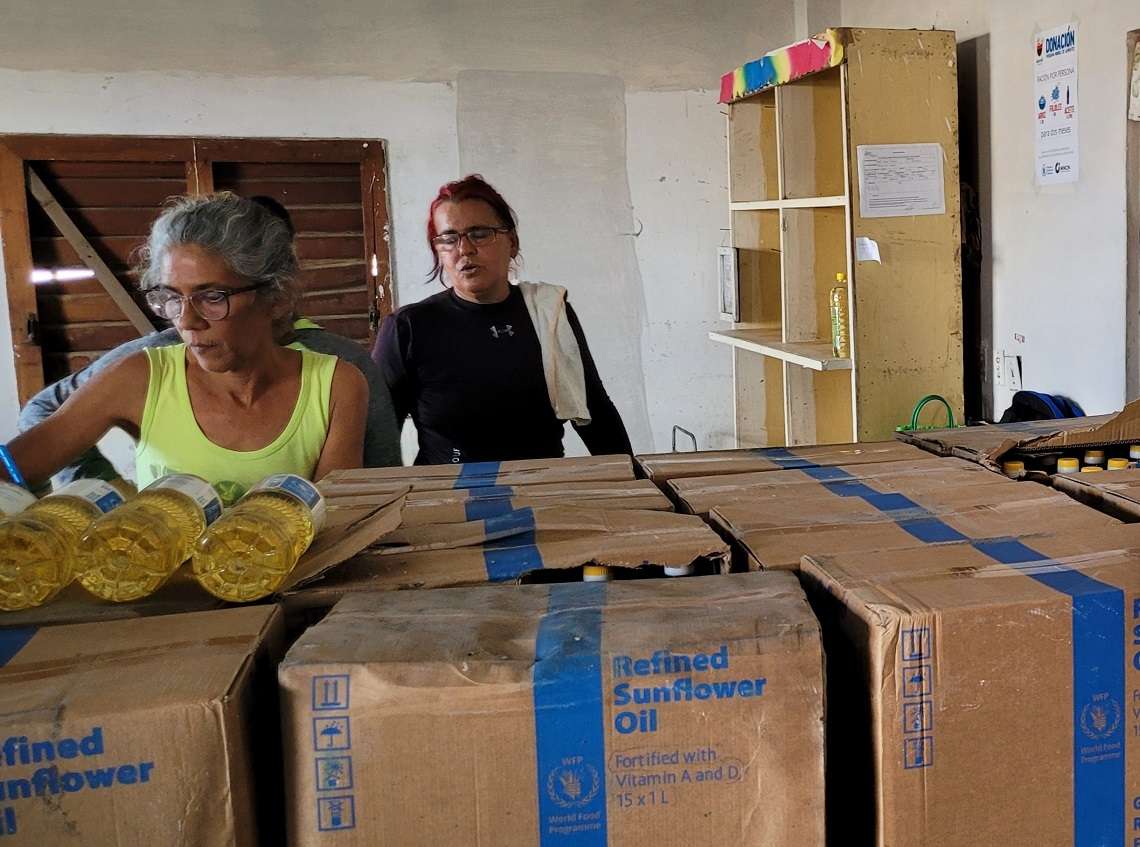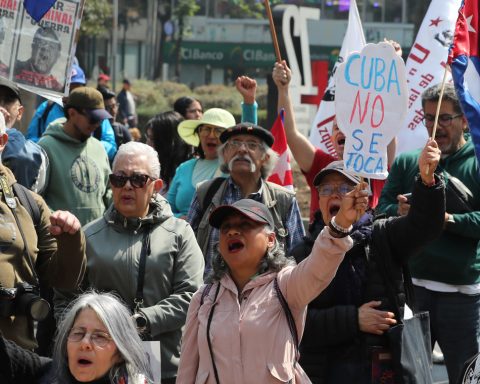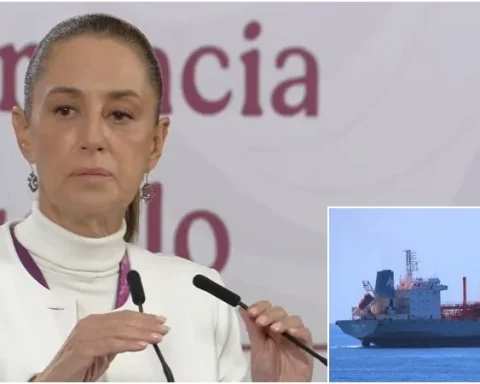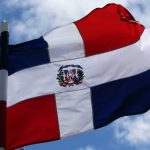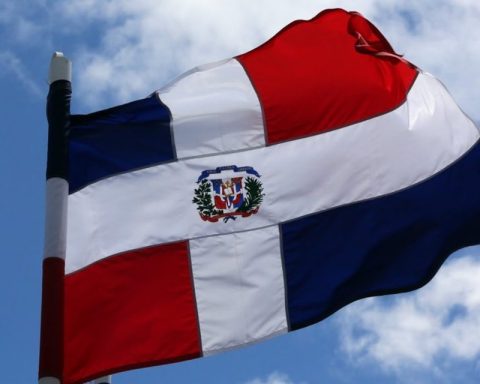The Cooperation Agency Swiss (SDC) confirmed this Wednesday a contribution of more than 524,000 dollars to support the recovery in Cuba for the damages caused by the hurricane ian.
Through its Twitter account, the World Food Program (WFP) reported that it will receive the donation. It will be destined to the purchase of some 340 tons of food for the benefit of vulnerable people in the western province of Pinar del Rio, the most affected by the meteor, according to aim the Cuban News Agency (ACN).
The Swiss Cooperation Agency -COSUDE- confirmed #TODAY a contribution to #WFP_Cuba equivalent to more than 524 thousand dollars to continue supporting response and recovery actions for damages caused by the #HuracanIan
We open thread ? pic.twitter.com/FKZ71eBBTT—WFP Cuba (@WFP_Cuba) December 13, 2022
Cosude funds cover a monthly ration of one kilogram of rice, 500 grams of beans or peas and 460 grams of oil for 127,000 adults over 65 years of age, pregnant women and children under five years of age, highlighted the WFP representation in the island.
Likewise, 25,000 schoolchildren will be assisted in educational centers in Pinar del Río, as part of the Action Plan of the United Nations Organization (UN) for the coordination and strengthening of the humanitarian response to the effects of the powerful meteorological phenomenon in Cuba.
Hurricane Ian crossed western Cuba in the early morning of September 27 as a category three on the Saffir-Simpson scale (out of a total of five), and in its path caused serious damage to the housing infrastructure, energy supply, telecommunications and in agriculture. In the territory of Pinar del Río, more than 89,000 affected homes were counted, which represents almost half of the housing fund of the province.
Shortly after recovery efforts began, the UN presented an action plan in the short and medium term, and for a value of 42 million dollars, with the aim of supporting almost 800,000 people affected by the meteorological event.
The international organization explained at the time that the plan would support the response in areas such as housing, health, education, food security and access to drinking water and electricity in the most affected areas, especially in the provinces of Pinar Del River and Artemis.
